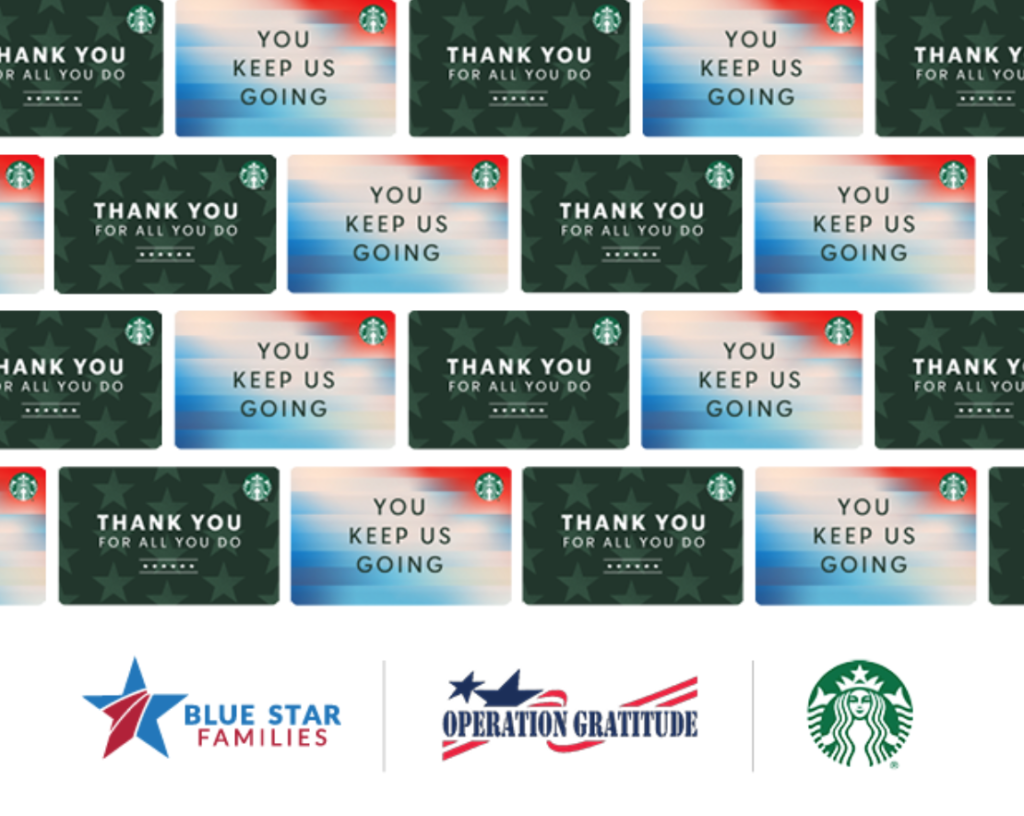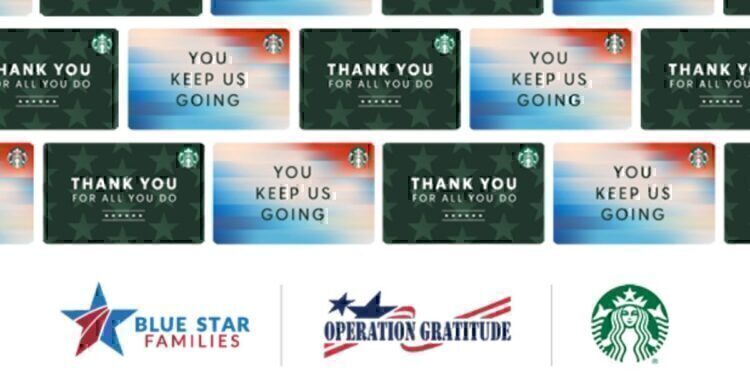During this symbolic month of May, and in response to current times, we’re on a mission to do everything possible to give military families and veterans the support, information, tools, and, most importantly, a place to belong as we wade through unchartered territory, together.

By: Kathy Roth-Douquetand Kevin Schmiegel
We don’t have to tell you that 2020 was an unprecedented year. Between the (ongoing) pandemic and its physical, social, and economic toll, and the civil unrest that sparked deep and challenging conversations about racial injustice, very few people made it through the year unscathed by new, complex, and unanticipated stressors.
It was – and continues to be – a complex challenge for all, including those in our nation’s military who were called to respond to and assist in these issues while also experiencing the firsthand effects of them on themselves and their families.
The added stress and anxiety of these unprecedented times have exacerbated pre-existing challenges, and created new ones for service members and their families. Take, for instance, Blue Star Families member Michelle, who’s been a Navy spouse for over 25 years and is mom to a 17-year-old daughter with cerebral palsy. She knows all too well the obstacles of managing military life with a child who has extensive medical needs, which at times can feel overwhelming. And, unfortunately, the pandemic has only amplified their issues.
For Michelle, she and her family were living in Virginia when her husband received orders to be stationed in Italy. She had just fought and won a battle with her local school system to provide their daughter her legally required education. Moving the family would mean going back to square one. So, for the well-being of their children, they decided to live separately. Little did they know, not long after her husband departed for Italy, the world would shut down. While health and well-being have been at the forefront of everyone’s mind this past year, it became the only focus for Michelle’s family.
“We shut everything down to make sure she [our daughter] stayed safe because we knew if she got sick, it would not go well,” Michelle recalled. “We canceled all respite care, which was something I relied on with my husband overseas. I needed those breaks but couldn’t risk bringing people into my home.” While Michelle focused on her children, especially her daughter, her mental health over the past year suffered in a major way. “I didn’t realize the stress I was holding in, worried about [my husband’s] safety, until he came home and I let it all out in tears,” Michelle candidly shared. ”Worry for him, worry for my medically-complex daughter. My mental health was maxed out, and I struggled.”
Sadly, Michelle isn’t alone. According to Blue Star Families’ 2020 Military Family Lifestyle Survey (MFLS), 62 percent of active-duty spouse respondents said COVID-19 had made their mental health worse or much worse. Sixteen percent of active duty service member respondents and 23 percent of spouse respondents reported having a current diagnosis of generalized anxiety disorder. That’s why driving support of the mental health and well-being of the military community is more important than ever.
The military, along with other service sectors like healthcare workers and first responders, have been on the frontlines of the issues here on the homefront. While almost half of active duty service member respondents feel a sense of belonging to their unit or command, only about a quarter of them (28 percent) feel that same belonging to their local civilian community according to Blue Star Families’ research. For two decades Americans as well as nonprofit and service organizations have created a “sea of goodwill,” expressing gratitude to military families and veterans across the country. We must now go a step beyond saying “thank you for your service,” and build true empathy and understanding of the sacrifices made by military families, like Michelle’s, who need the support of the community as our nation’s longest war continues.
It’s for these reasons that Operation Gratitude and Blue Star Families partner with organizations like Starbucks to better mental health and resiliency outcomes for our Armed Forces and why, in honor of Military Appreciation Month, the three of us have joined forces to support the mental health and well-being of the military community.
Over the past few years, in partnership with Blue Star Families, Starbucks thanked thousands on Military Spouse Appreciation Day with Starbucks eGift cards, put up hundreds of Yellow Ribbon Trees in Starbucks stores during the holidays, and delivered dozens of handmade Valentine’s Day cards to service members and their families with their coffee orders. These meaningful acts of benevolence supported military families’ mental health and well-being by providing them a sense of belonging to their local communities wherever the mission takes them.
Last year, Operation Gratitude and Starbucks assisted in impacting tens of thousands of deployed troops with care packages last year, including those in South Korea and Guam whose homecomings were delayed by the pandemic and their families left behind.
For those on the receiving end, the package is an indication that even as our nation’s longest war stretches on, a microscopic virus overwhelms our healthcare systems, and civil unrest threatens to tear communities apart, those on the frontlines of these battles are not forgotten. For civilian volunteers, it represents an act of service and gratitude that restores the human connection, creates common ground, and builds bridges with those who serve. In addition, Operation Gratitude and Starbucks hosted letter writing campaigns throughout 2020 encouraged countless people to express their appreciation for the sacrifices made by military service members. It’s through this enduring relationship with Starbucks that Operation Gratitude is able to continue its mission of forging strong bonds between the civilian and service communities, helping military families feel appreciated, understood, and connected. Ultimately this sense of belonging also helps with their mental health and well-being.
Blue Star Families provides programming to help military families connect with their communities, addressing the isolation that can be brought about by frequent moves and deployments, while the mission behind Operation Gratitude is to forge strong bonds between civilian, military, and first responder families by creating thousands of opportunities each year for them to serve together and make meaningful connections in communities nationwide.
For those interested in joining us to show support for the military community during Military Appreciation Month from the comfort of your home, purchase a Starbucks eGift card from their Military Appreciation Month category sold from May 1-31, and Starbucks will donate $5 to Blue Star Families and Operation Gratitude to further support the mental health of our military community. Donations will be divided evenly between the two organizations.
During this symbolic month of May, and in response to current times, it’s our mission to do everything possible to give military families and veterans the support, information, tools, and, most importantly, a place to belong as we wade through unchartered territory, together. When we as a nation serve those who serve, we can create vibrant communities of mutual support. We’re all stronger when we take care of one another.
**********
To learn more about Blue Star Families and to join as a member, visit bluestarfam.org. For more information about the myriad of ways to volunteer and give back to military families in your community, visit operationgratitude.com.








